43 how to read european food labels
Mediagazer 2 days ago · Mediagazer presents the day's must-read media news on a single page. The media business is in tumult: from the production side to the distribution side, new technologies are upending the industry. Keeping up with these changes is time-consuming, as essential media coverage is scattered across numerous web sites at any given moment. Lifestyle | Daily Life | News | The Sydney Morning Herald The latest Lifestyle | Daily Life news, tips, opinion and advice from The Sydney Morning Herald covering life and relationships, beauty, fashion, health & wellbeing
How to Understand and Use the Nutrition Facts Label | FDA - U.S. Food ... Nutrients to get less of: Saturated Fat, Sodium, and Added Sugars. Saturated fat, sodium, and added sugars are nutrients listed on the label that may be associated with adverse health effects -...
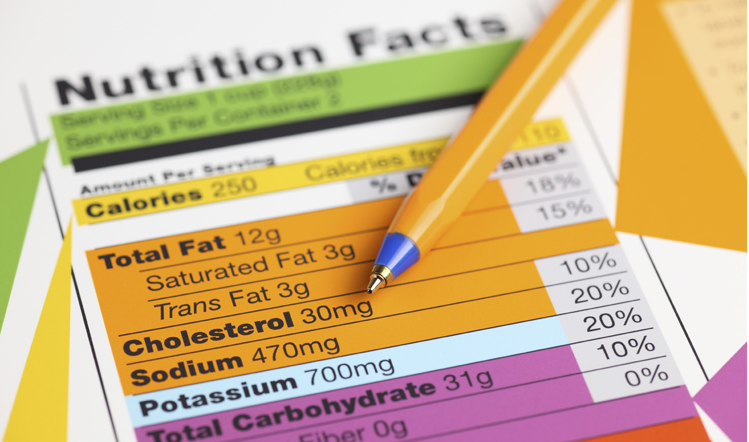
How to read european food labels
Latest Breaking News, Headlines & Updates | National Post Read latest breaking news, updates, and headlines. Get information on latest national and international events & more. Veganism - Wikipedia In the European Union, meat producers and vegans argue whether vegan food products should be allowed to use labels like "sausages" or "burgers" for vegan food. The EU currently bans labeling with dairy-related words like "almond milk", a rule instated in 2017. [328] Some Fundamental Differences Between Food Labeling in the US and Europe ... In the US, food additives such as this must be listed by name on the food label. Not the case with EU labels. Instead, they are assigned an identifying number - a three- or four-digit code - known as an "E number." US labels tend to be easier to read and understand.
How to read european food labels. Food energy - Wikipedia Many governments require food manufacturers to label the energy content of their products, to help consumers control their energy intake. To facilitate evaluation by consumers, food energy values (and other nutritional properties) in package labels or tables are often quoted for convenient amounts of the food, rather than per gram or kilogram; such as in "calories per serving" or "kcal per 100 ... Business News, Personal Finance and Money News - ABC News Nov 05, 2022 · Find the latest business news on Wall Street, jobs and the economy, the housing market, personal finance and money investments and much more on ABC News Understanding European Food Labels - The Half-Empty Salt Shaker Let's do the math: 0.37grams/2.5 = 0.148 grams Now convert grams to milligrams: 0.148 grams X 1,000 = 148 miligrams (per 100 grams) Here's where you have to pay attention to portion sizes. Remember, the EU portion is listed at 100 grams, and the US portion (for this product-every product is different) is 30 grams. 30 is just under one-third of 100. American Family News Aug 02, 2022 · American Family News (formerly One News Now) offers news on current events from an evangelical Christian perspective. Our experienced journalists want to glorify God in what we do.
Europeans understand food labels but don't use info Europeans understand food labels but don't use info. A study conducted in six European countries has found that consumers generally understand how to 'read' the nutritional labels on a product's packaging but are less likely to use that information when selecting their products for purchase. The team of researchers also noted co... EU Nutrition Facts Templates - Ingredients List Label - ESHA EU Standard Nutrition Facts Label European Union regulations require that you declare energy, protein, fat, saturated fat, carbohydrates, sugars, and salt. Voluntary nutrients may be shown if they are present in significant amounts. The regulations allow several variations in the labeling format. How to understand Nutrition food labels (EU/UK) - Gemma Sampson Salt (sodium) Salt free - less than 0.01g salt per 100g (0.005g sodium) Low salt - less than 0.3g salt per 100g (0.01g sodium) High salt - more than 1.5g salt per 100g (0.6g sodium) Nutrition Labelling | Eufic Learn how to read the ingredients on food labels. An energy-based approach to nutrition labelling 08 June 2006 The nutrition label is an important vehicle through which food manufacturers can communicate essential information about the nutritional value and composition of their product. Potentially, this represents a valuable tool...
How To Read Food and Beverage Labels - National Institute on Aging Or you can call the U.S. Department of Agriculture's Food and Nutrition Information Center at 301-504-5414. Understanding percent Daily Value (% DV) The percent Daily Value (% DV) tells how much a nutrient in a serving of the food or beverage contributes to a total daily 2,000-calorie diet. How to Read Food Labels - Experience Life Read food labels, but don't necessarily take them at their word. Food makers often use fuzzy language as sneaky sales strategies. ... The FDA does not regulate the term, but the European Union banned such claims in 2007 unless there's credible scientific proof — and, so far, most "superfoods" aren't passing the test. Meat and Eggs ... How to Read Food Labels: Your Complete Consumer Guide Details included on food labels are the nutritional composition of a food, as well as ingredients and their relative amounts. When relevant, they may also indicate important details about the food's quality, origin, processing, and method of preservation. With this information, the theory goes, you can make intentional decisions about what to buy. How to Read Food Labels and What to Watch Out for? The simpler their ingredients list, the better for you. 2. Nutrition facts table. The nutrition facts table is a very important part of the packaging, because it tells you how nutritionally rich the given food is and how much energy it contains. The energy value must be indicated on the packaging.
How to Read Food Labels | mySugr Before reading the rest of the label, look at the serving size. The rest of the information — such as carbs, calories, sugars, fiber, and more — will be based on the serving size that's listed. Eating more than a serving size means you'll get more carbs, sugars, and calories than what's listed. Looking at the serving size also helps ...
How to Read Labels on Food Packages: Facts, Photos ... - CalorieBee Below, we'll take a look at the sections of a food label and figure out exactly what they are for. 1. Percent Daily Value (% DV) The Percent Daily Value (% DV) indicates how much a nutrient in a serving of the food or beverage contributes to a total daily 2,000-calorie diet. A person requires 2,000 calories a day to maintain their body weight.
safefood | How to read food labels To make healthier choices, you need to be able to make sense of food labels. Understanding food labels can be tricky. It takes time and practice. Start at home by getting familiar with labels on the foods you eat regularly. Then when you are shopping, compare labels of similar products to find the healthiest option. Here are the things to look ...
How To Read Food Labels: Understanding the Basics - Instacart The nutrition facts table is usually found on the rear or the side of the label. This is perhaps the most useful part of a food label, providing a detailed breakdown of the product's nutritional content, including calories, protein, carbohydrates, fat, and more. 1. Beware of misleading claims.
How to Read Food Labels Without Being Tricked - Healthline A good rule of thumb is to scan the first three ingredients, as they make up the largest part of what you're eating. If the first ingredients include refined grains, a type of sugar, or...
How to Read Food Labels - Kidney Coach Reading Food Labels. Not all foods require a nutrition label, for example in most countries' foods sold unpackaged (eg. fruit and vegetables), foods made and packaged at the point of sale (eg. bread made and sold in a bakers) and other foods such as herbs, spices, packaged water, tea, and coffee do not require a nutrition label. ...
5 Tips from an Expert on How to Read Food Labels - FoodPrint The next step is choosing grassfed, looking for a label like "Certified Grassfed by AGW" or "PCO Certified Grassfed." "The nutrient density and fatty acid profile of [milk and beef] is much better when you finish cows on grass, rather than corn [which is typical in industrialized animal production]," Urvashi explained.
Differences between EU and US nutrition labels go far beyond ounces and ... While it's common practice for labels in the EU to identify food additives by their E Numbers, in the US, additives must be referenced by their common names. "'Sodium caseinate' would be...
How to read food labels | healthdirect How to read the Nutrition Information Panel. The Nutrition Information Panel tells you the size of a standard serving of the product and which nutrients are contained in that serving. You can use the label to compare the product with what's in similar packaged foods. Look out for information about: Energy: A kilojoule is a measure of energy.
Some Fundamental Differences Between Food Labeling in the US and Europe ... In the US, food additives such as this must be listed by name on the food label. Not the case with EU labels. Instead, they are assigned an identifying number - a three- or four-digit code - known as an "E number." US labels tend to be easier to read and understand.
Veganism - Wikipedia In the European Union, meat producers and vegans argue whether vegan food products should be allowed to use labels like "sausages" or "burgers" for vegan food. The EU currently bans labeling with dairy-related words like "almond milk", a rule instated in 2017. [328]
Latest Breaking News, Headlines & Updates | National Post Read latest breaking news, updates, and headlines. Get information on latest national and international events & more.
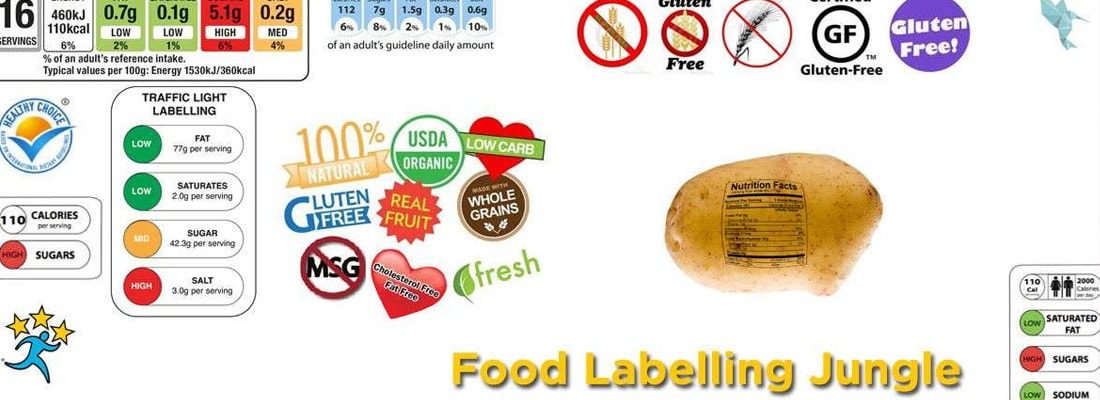
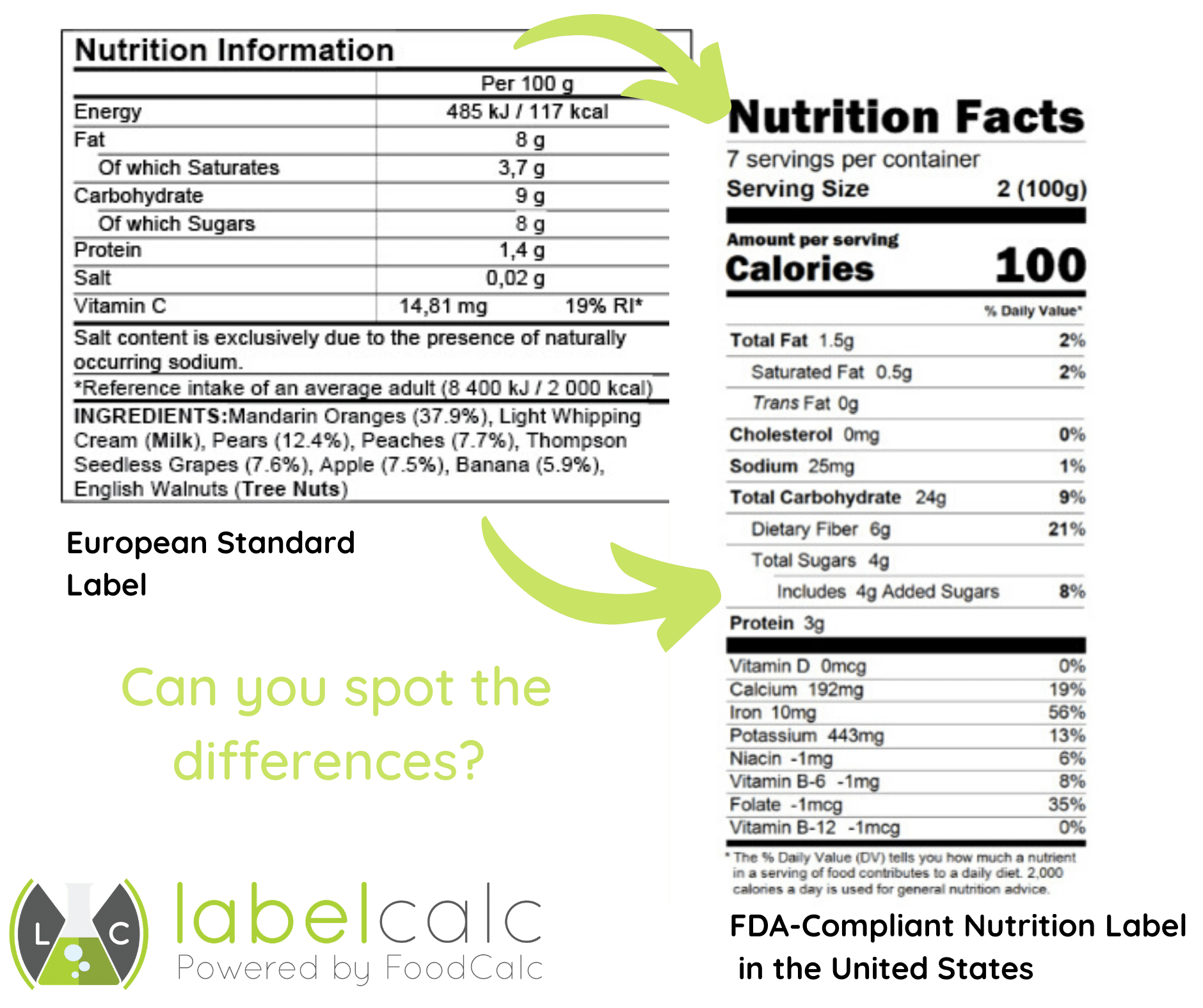
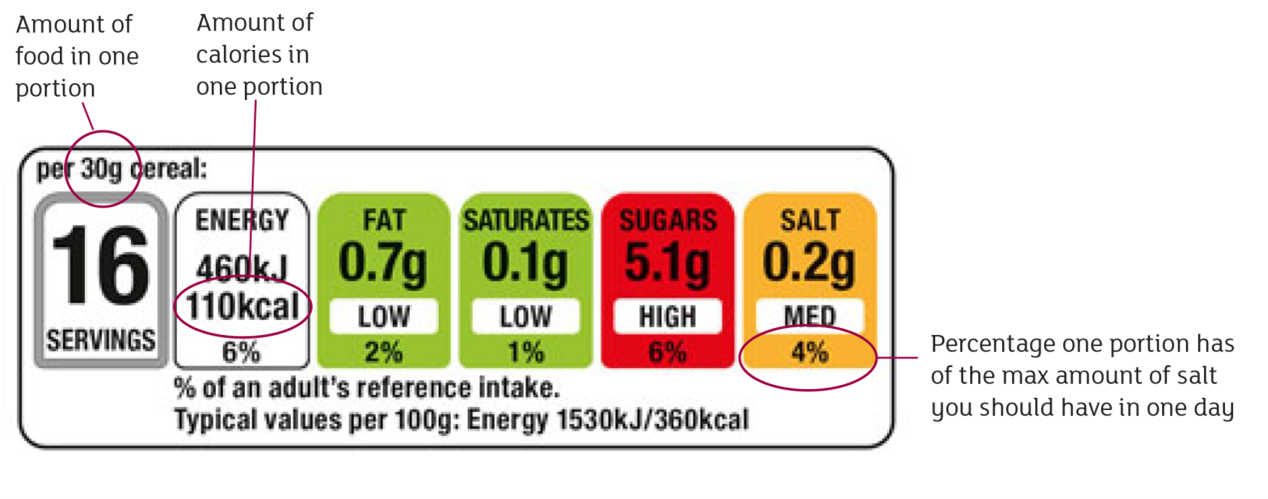


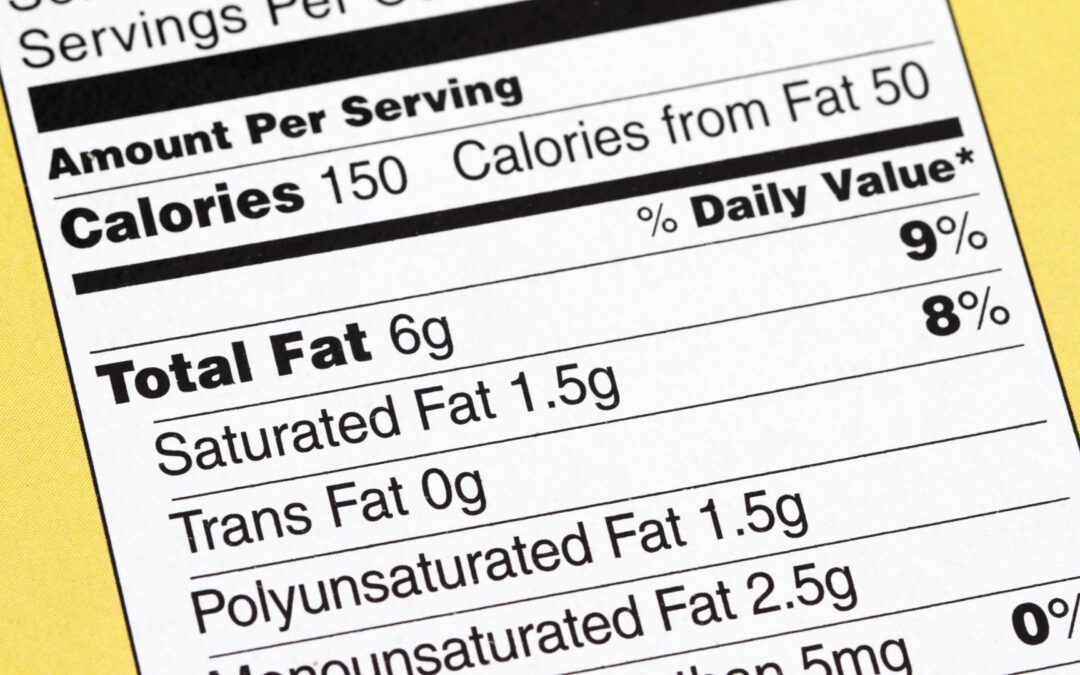

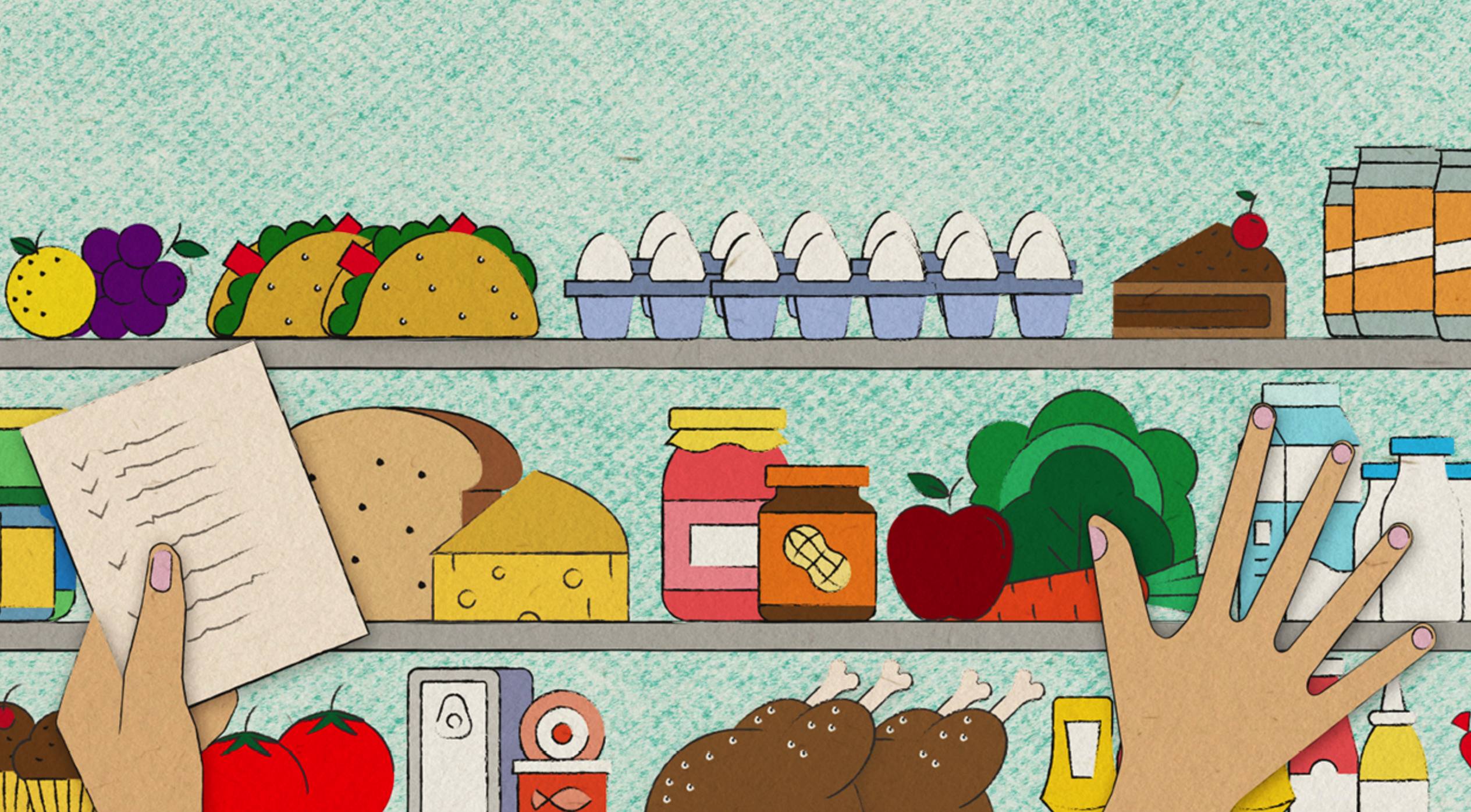

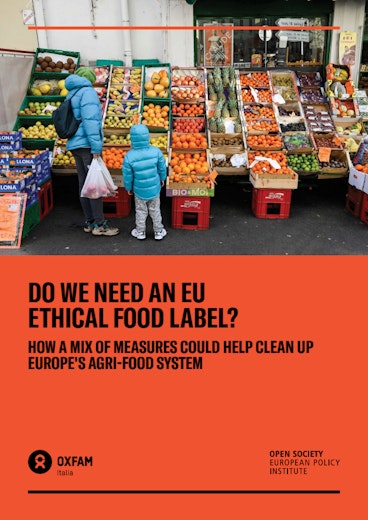


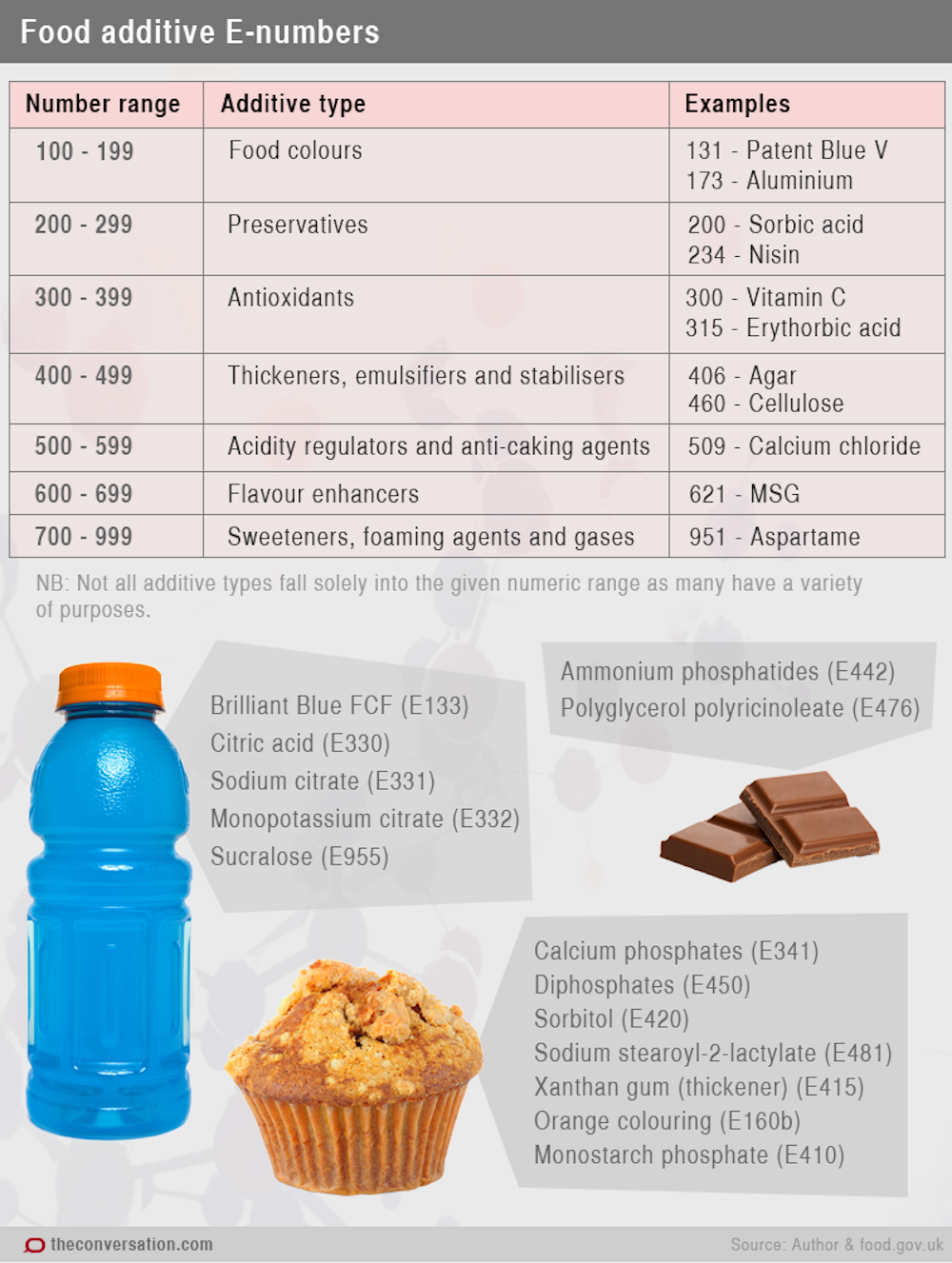
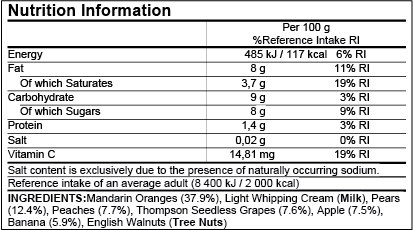
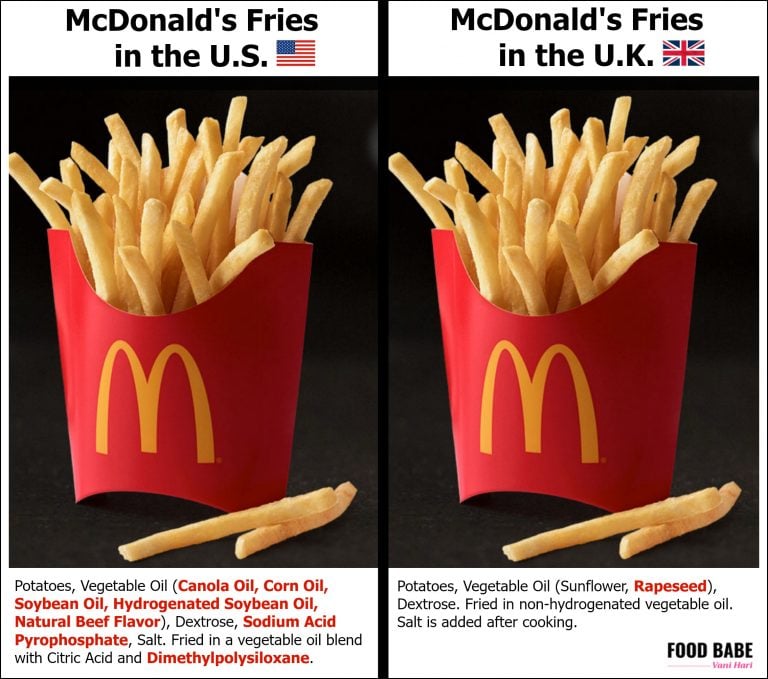
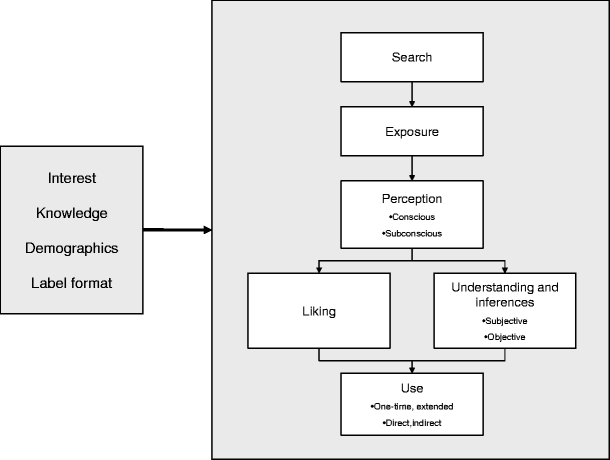


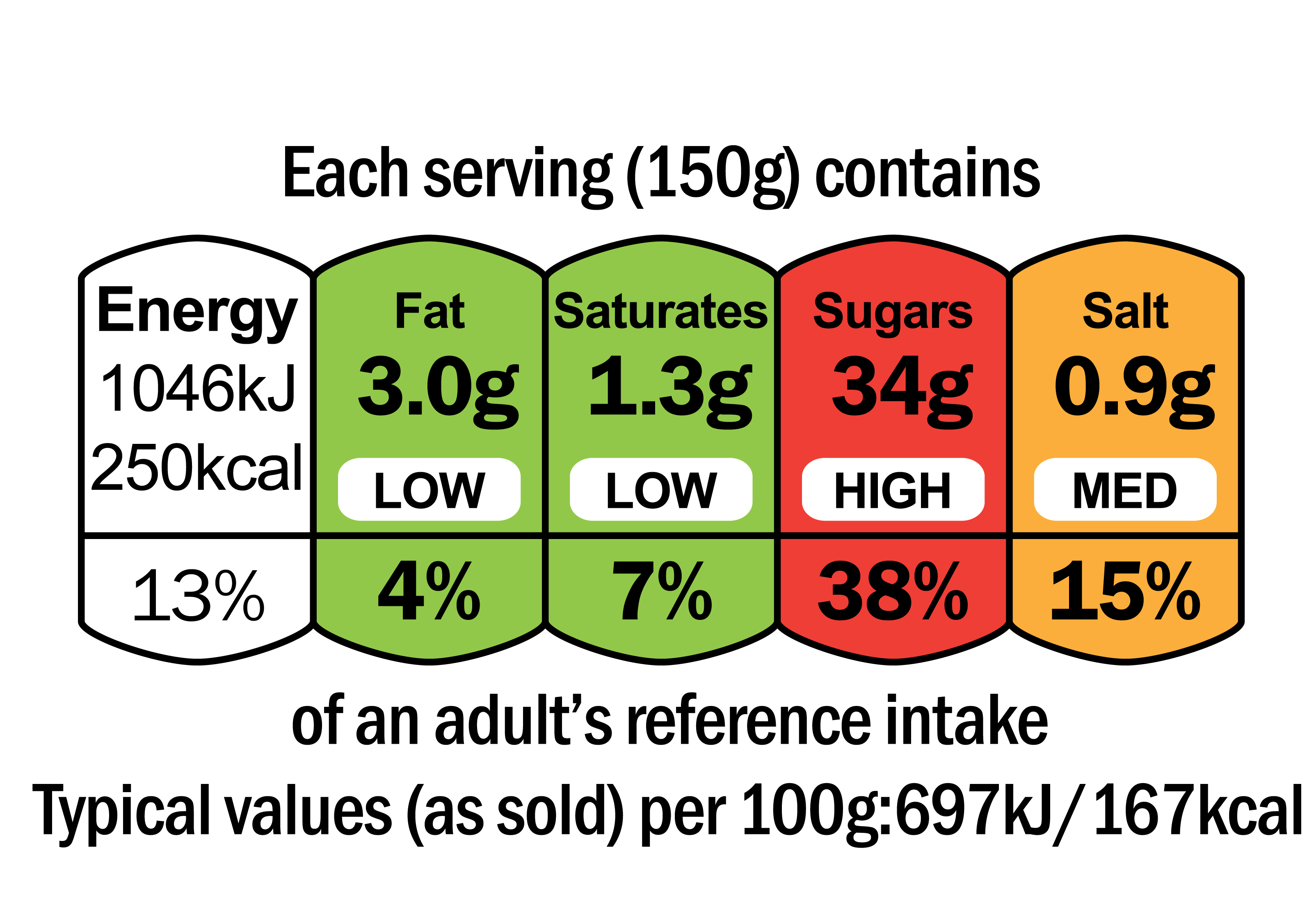


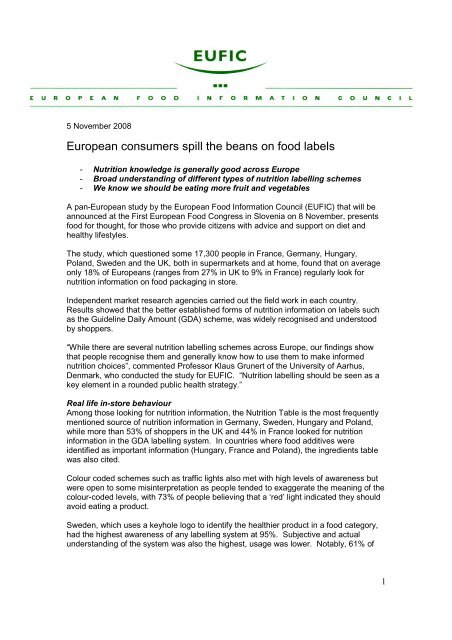
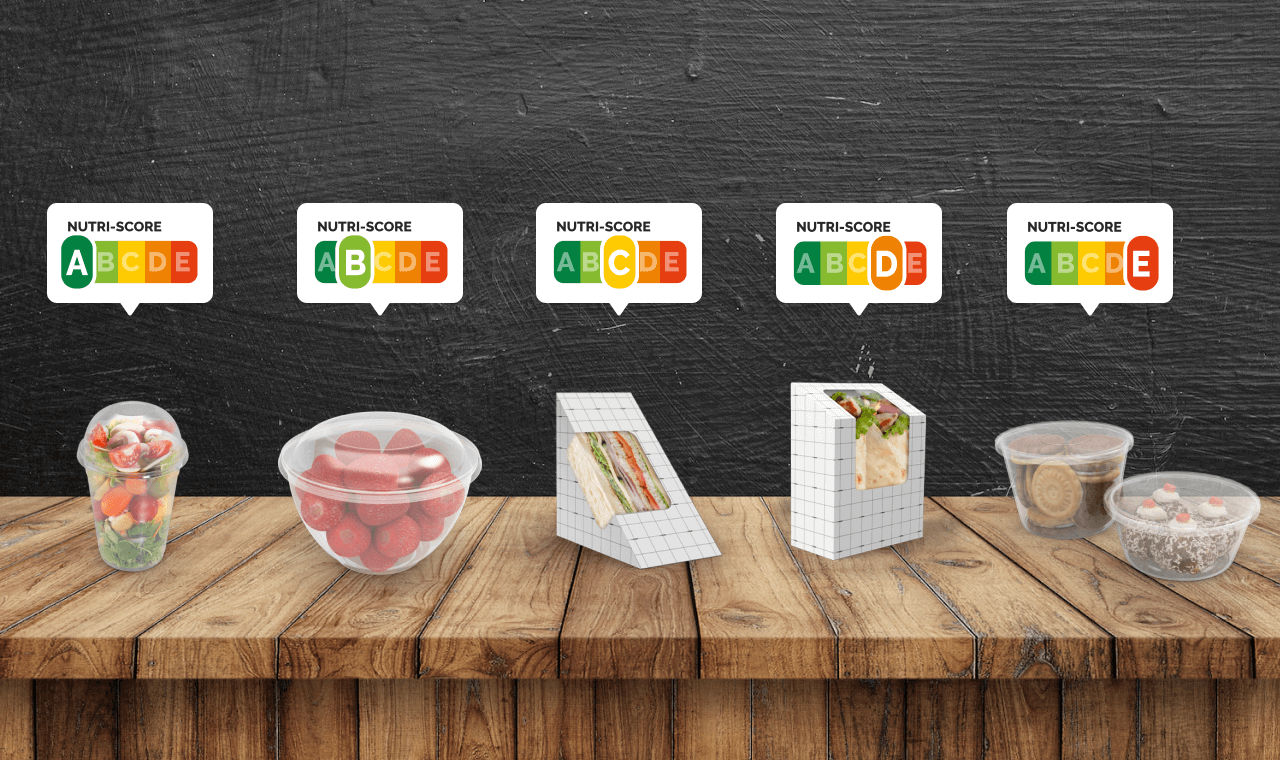

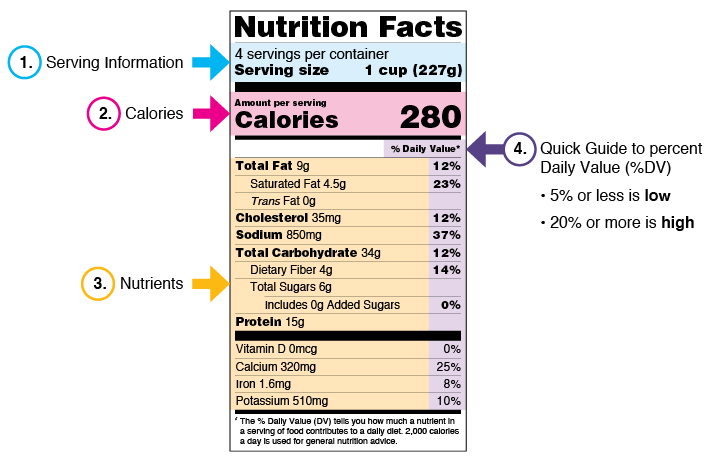


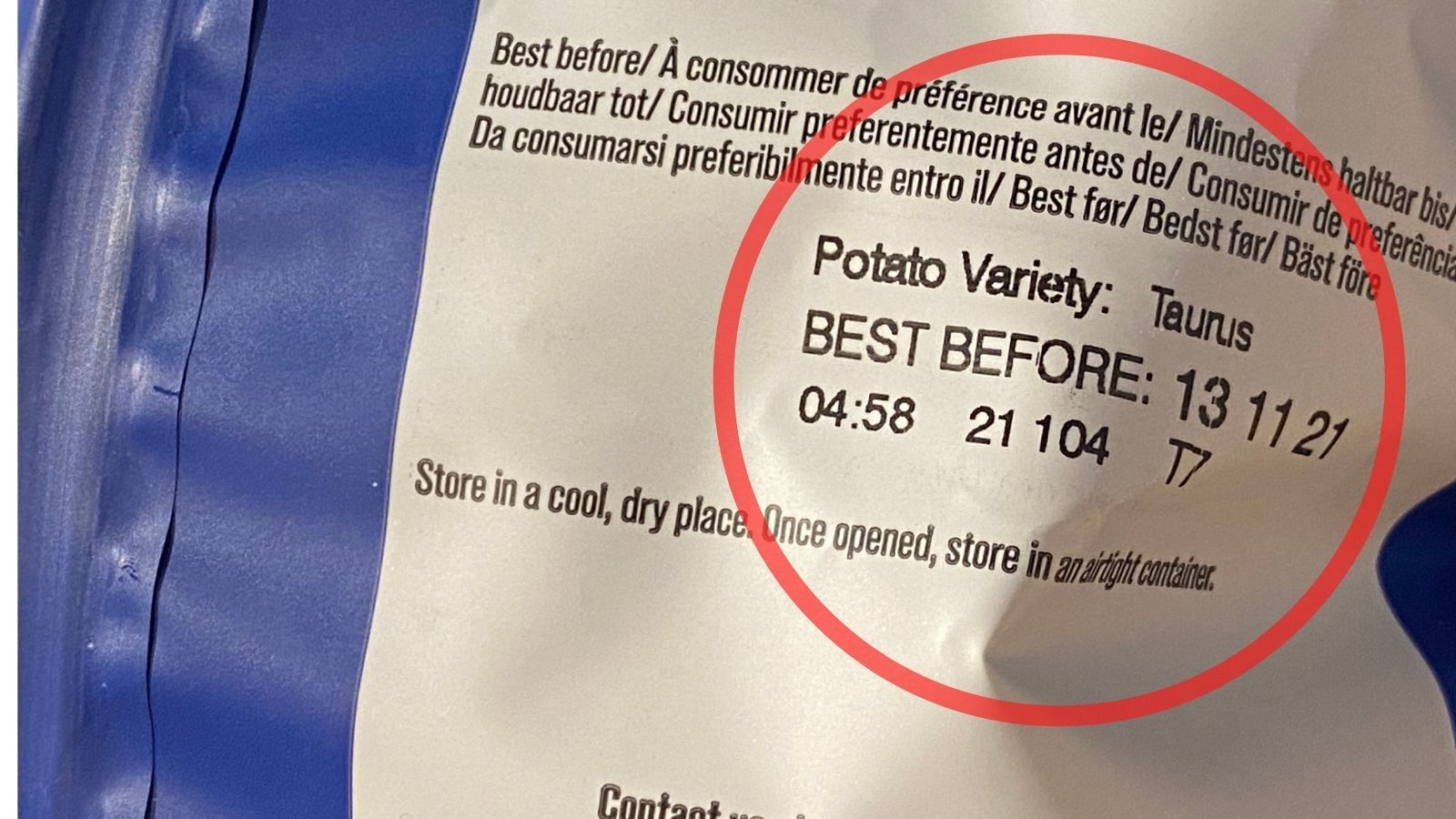
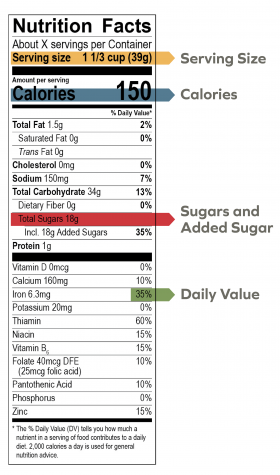
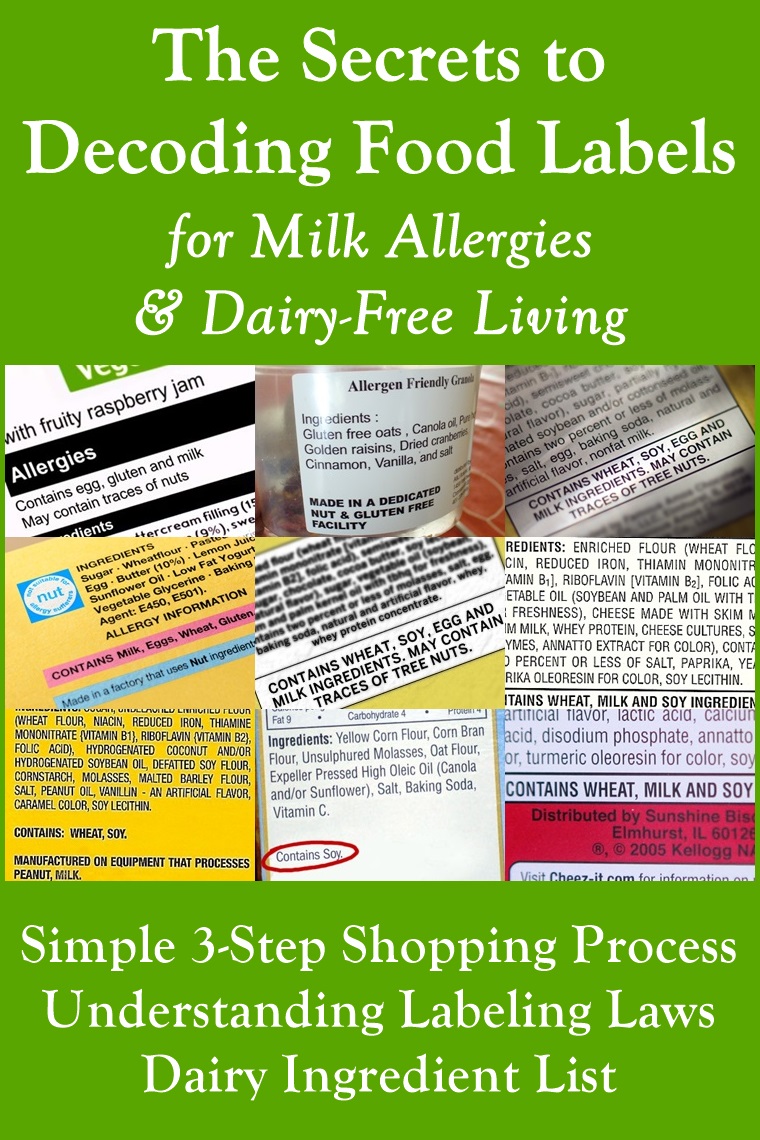
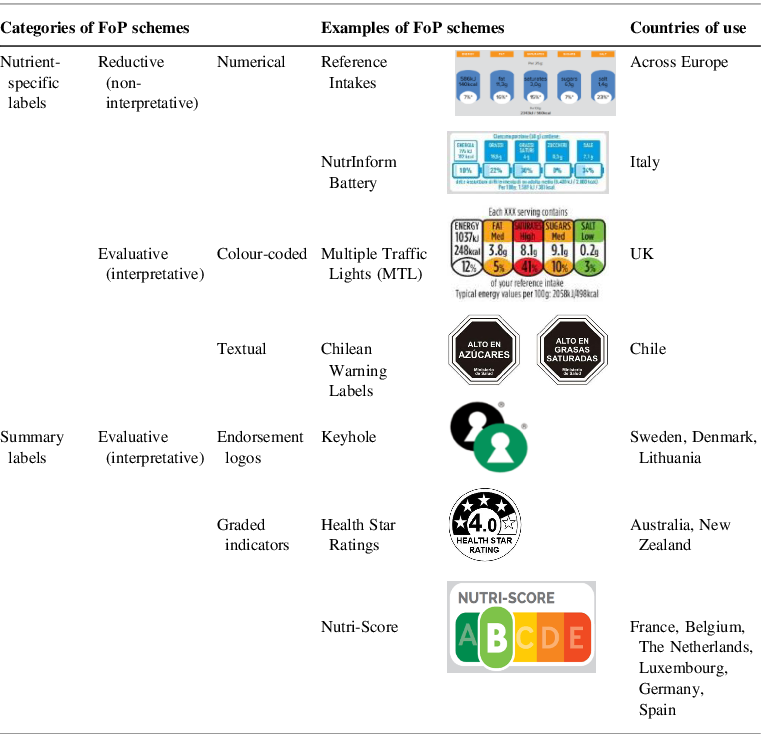



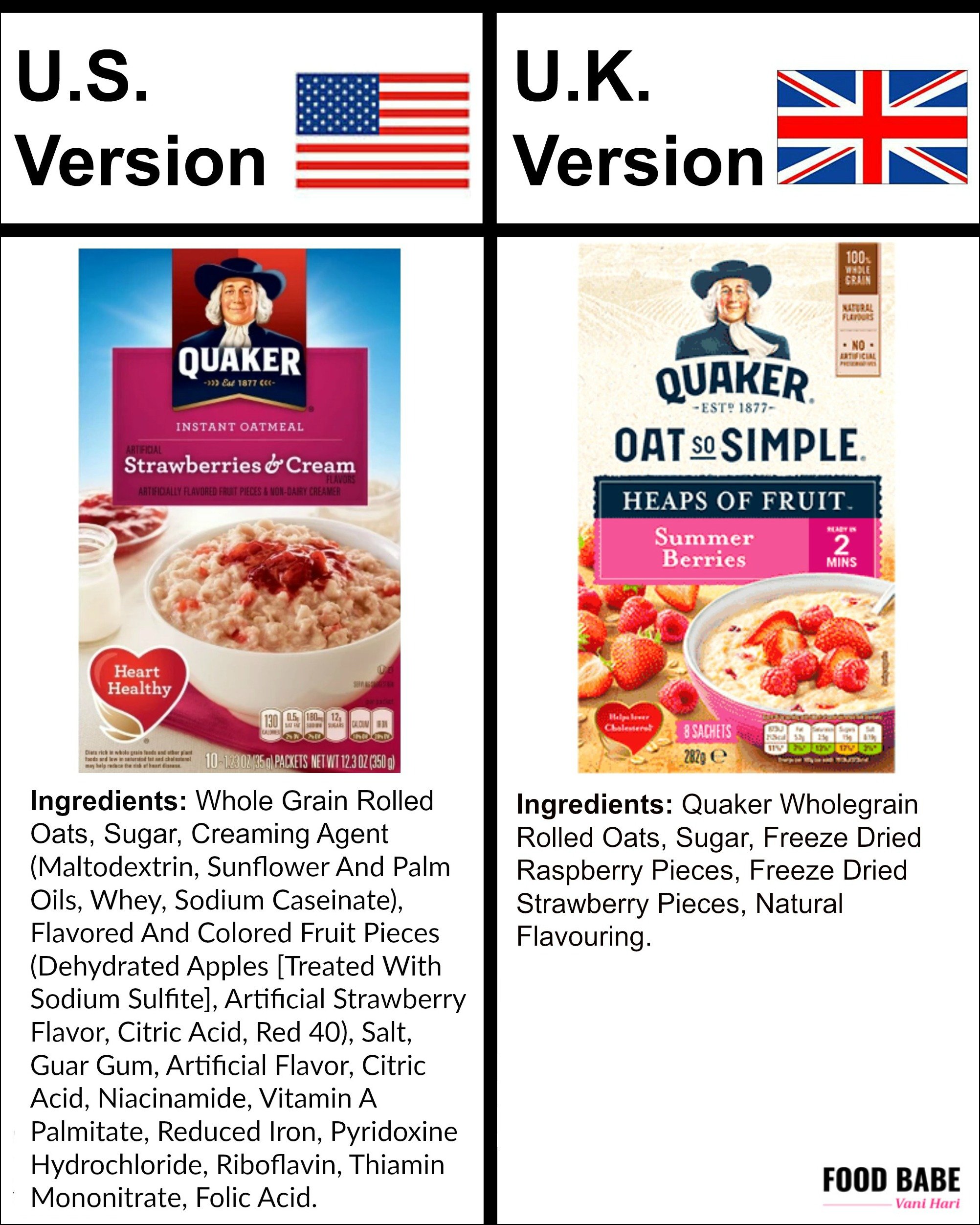

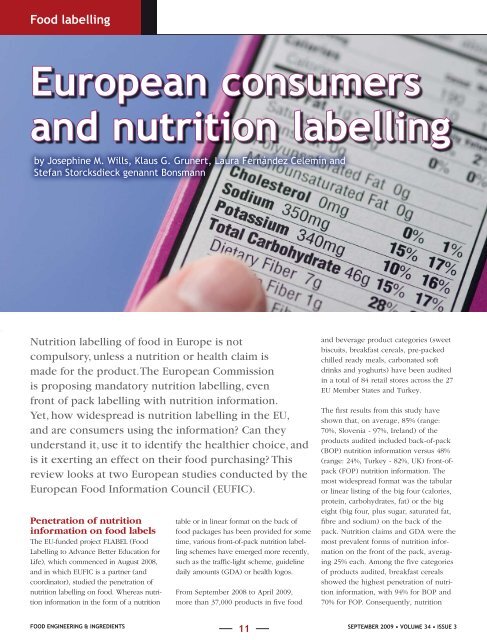

Post a Comment for "43 how to read european food labels"